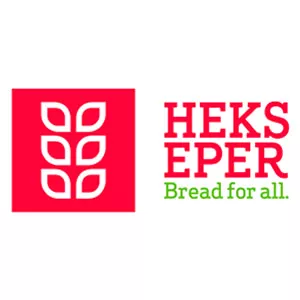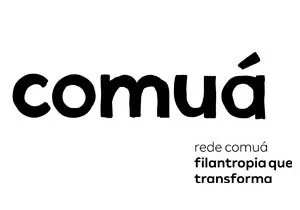The strength and resistance of indigenous women from the Cerrado
06 de March de 2024

The training meeting “Indigenous Women in the Cerrado in defence of their rights” was part of the project “Patak Maymu: Autonomy and participation of indigenous women from the Amazon and the Cerrado in the defence of their rights”. Training sessions took place between 25 and 29 February in Campo Grande, in Mato Grosso do Sul, and were run by CESE, with support and funding from the European Union.
Representatives from a number of indigenous women’s organizations came together for the training, which was attended by approximately 35 participants from more than 13 peoples, including the Xakriabá, Kawaiwete/Kaiabi, Yawalapiti, Xavante, Kiriri, Guarani e Kaiowá, Kurâ Bakairi, Boe Bororo, Kadweu, Xucuru-Kariri, Krikati, Terena and Krahô.
The training addressed themes such as Resistance and Struggle in Indigenous Territories, Communications, Challenges and Pathways to maintaining indigenous women’s organizations, and a Workshop about Good Project Management Practices and How to Draft Social Projects.
The Patak Maymu project is aimed at the training, leadership and autonomy of indigenous women and their organizations, based on educational and networking activities. The activity focused on the Management and Drafting of Social Projects, to provide participants with more project management practice, from drafting proposals to preparing accounts.
A mapping of female indigenous communicators was also presented during the sessions, to strengthen the leadership of indigenous women and their organizations.
To conclude the meeting, the participants visited the Pantanal Biopark, known as the Pantanal Aquarium, which is the largest freshwater aquarium complex in the world. They also visited the Terena people’s urban community – Marçal de Souza, named after a great Guarani leader, murdered for defending indigenous people’s rights.


SEE WHAT THEY SAY ABOUT US
CESE was set up during the most violent year of the Military Dictatorship, when torture had been institutionalized, when arbitrary imprisonment, killings and the disappearance of political prisoners had intensified. The churches had the courage to come together and create an institution that could be a living witness of the Christian faith in the service of the Brazilian people. I’m so happy that CESE has reached its 50th anniversary, improving as it matures.
When we hear talk of the struggles of the peoples of the waters, of the forests, of the semi-arid region, of the city peripheries and of the most varied organizations, we see and hear that CESE is there, at their side, without replacing the subjects of the struggle. Supporting, creating the conditions so that they can follow their own path. It is this spirit that we, at ASA, want you to maintain. We wish you long life in this work to support transformation.
I am a macumba devotee, but I love being with partners whose thinking is different from ours and who respect our form of organization. CESE is one such partner: it helps to build bridges, which are so necessary to ensure that freedom, diversity, respect and solidarity can flow. These 50 years have involved a lot of struggles and the construction of a new world.
Over these 50 years, we have received the gift of CESE’s presence in our communities. We are witness to how much companionship and solidarity it has invested in our territories. And this has been essential for us to carry on the struggle and defence of our people.
In the name of historical and structural racism, many people look at us, black women, and think that we aren’t competent, intelligent, committed or have no identity. Our experience with CESE is different. We are a diverse group of black women. We are in varied places and have varied stories! It’s important to know this and to believe in us. Thank you CESE, for believing in us. For seeing our plurality and investing in us.
You have to praise CESE’s capacity to find answers so as to extend support to projects from traditional peoples and communities, from family farming, from women; its recognition of the multiple meanings of the right to land, to water and to territory; the importance of citizenship and democracy, including environmental racism and the right to identity in diversity in its discussion agenda, and its support for the struggles and assertion of the values of solidarity and difference.




















